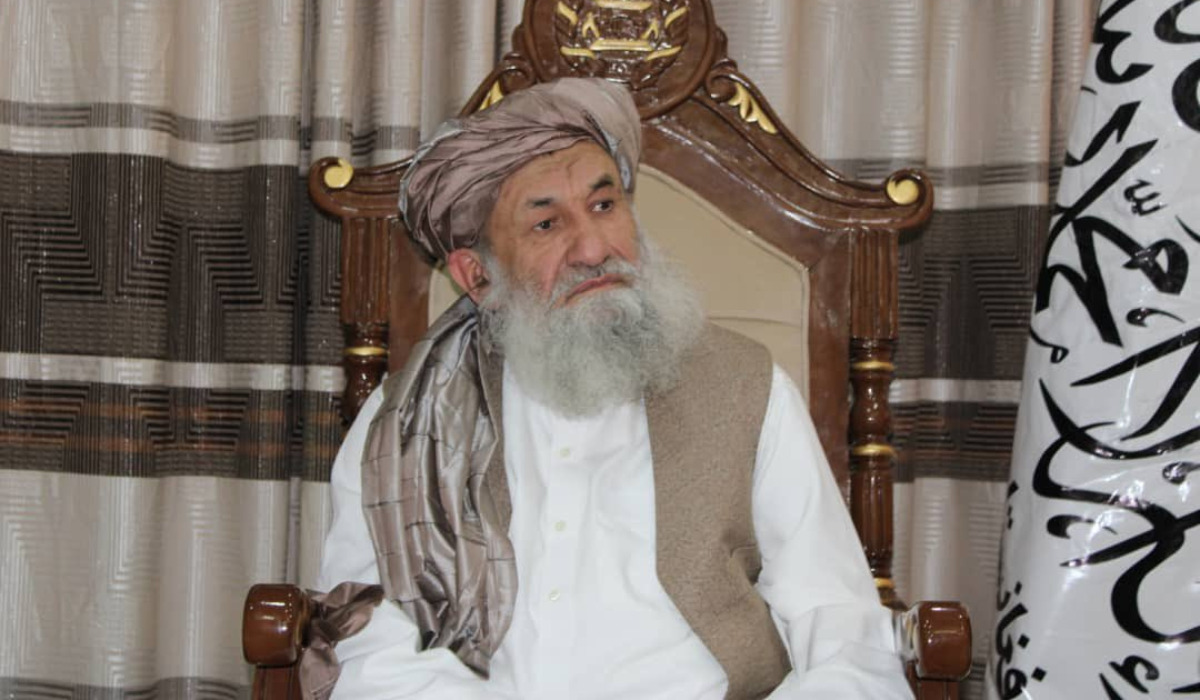Taliban Chief Minister, Mohammad Hassan Akhund, in a statement, claimed that the responsibility for protecting Islam falls on the Taliban, accusing the international community of attempting to defame the Taliban under the guise of human rights concerns.
Akhund’s comments came in response to the international community’s and the United Nations’ criticism of the Taliban’s use of corporal punishment, including public executions.
Political analysts have suggested that the Taliban is seeking to enhance its reputation through Islam while instilling fear among the public to fulfill its objectives. Amid growing concerns over the deteriorating human rights situation in Afghanistan, Taliban officials have continued to assert their role in protecting Islam. “At such a critical moment, protecting Islam and religion has become our responsibility. The whole Islamic world is watching us,” Akhund claimed.
In the past month, the Taliban has publicly executed three individuals and lashed dozens across Afghanistan. The UN Special Rapporteur for Afghanistan, Richard Bennett, revealed in a video that public executions and corporal punishments have been documented, emphasizing that human rights are “universal and indivisible” and calling for accountability for human rights violators. “My latest report on Afghanistan outlines the stark reality that under the Taliban, the human rights situation continues to deteriorate,” Bennett stated, noting that half the population is being denied their human rights.
Bennett urged the international community to demand significant improvements in human rights from the Taliban as a condition for normalization. Official statistics show that more than 15 people have been lashed in the provinces of Herat, Sar-e Pul, Balkh, and Laghman, while five others in Ghazni, Laghman, and Jawzjan were executed by the Taliban over the last month.
Analysts argue that the Taliban is exploiting Islam to achieve its goals, with Mohammad Ishaq Atmar pointing out that executions and public punishments pressure innocent civilians. Nisar Shirzai criticized the Taliban for not respecting human rights since its inception, accusing it of using Islamic sharia as a pretext for its actions.
The international community has strongly reacted to the Taliban’s public punishments. Amnesty International highlighted concerns over the lack of access to a fair trial under the Taliban. Meanwhile, the Taliban’s Minister of Higher Education, Neda Mohammad Nadim, called on religious clerics to support the group’s executions.





